Consuming too much of the sweet stuff can lead to numerous health risks, from the mere pesky cavity to serious afflictions like heart disease, kidney disease, high blood pressure and chronic obesity.
Added sugar, or sugar that does not occur naturally in food, but is instead added during the production process, is especially harmful. With more than two-thirds of Americans currently battling obesity, health experts are urging men and women to monitor and, most importantly, cut back on added sugar.
And though you might think added sugar is mostly confined to pastries, pies and cookies, there are numerous everyday foods and drinks that can send your sugar intake through the roof.
Soda
1 of 21
The 2015-2020 Dietary Guidelines urges Americans to keep their added sugar consumption to only 10 percent of their daily calories. This comes out to around 48 grams of sugar a day.
An everyday 20-ounce Pepsi has 69 grams.
Because of soda's high sugar content, it's one of the first things health professionals urge you to stay away from. If you want to take your sugar consumption seriously, cut out these harmful carbonated drinks entirely.
Granola Bars
2 of 21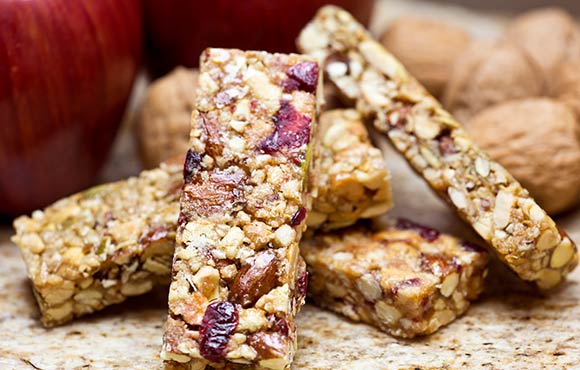
Granola bars taste good for a reason—most are loaded with added sugar. Pick high-quality bars by checking the label and comparing calorie content with added sugar. Though an everyday Chewy granola bar may only come in at 100 calories, it has seven grams of sugar. That's a lot of sugar for so little substance.
Fruit Drinks
3 of 21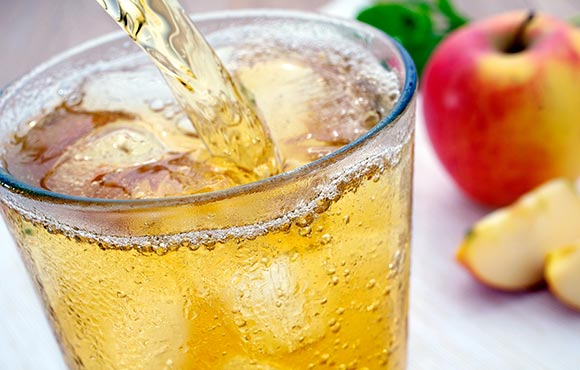
Fruit drinks may seem like an easy and convenient way to get in your two servings of fruit each day, but most are loaded with unnatural sugars.
For example, a 12-ounce serving of apple juice contains around 39 grams of sugar. A small, everyday apple has only 15 grams (plus loads of fiber!).
When it comes to fruit, stick to the whole stuff or look for a juice that specifically advertises no added sugar. Even labels like "100% pure" or "not from concentrate" still don't rule out added sugar.
Flavored Yogurt
4 of 21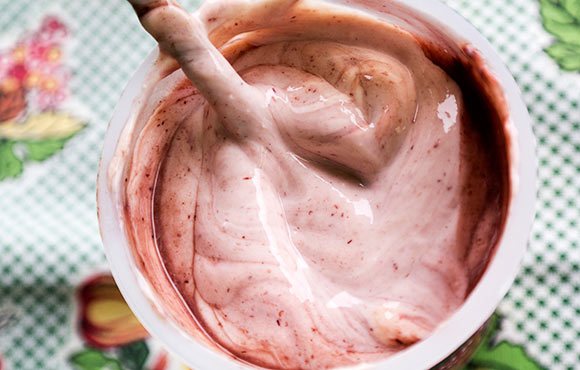
Yoplait is one of the most popular brands of yogurt, and though many of its product offerings are fat-free, the same can't be said for sugar. In fact, a small, six-ounce strawberry Yoplait Yogurt has 26 grams of it.
High sugar content is a common theme with nonfat products. During your next trip to the grocery store, make sure to read labels thoroughly and take a harder look at any non-fat yogurt or dairy products. If you really want to stay clear of sugary yogurts, purchase plain yogurt and add your own whole fruit for sweetness.
Condiments
5 of 21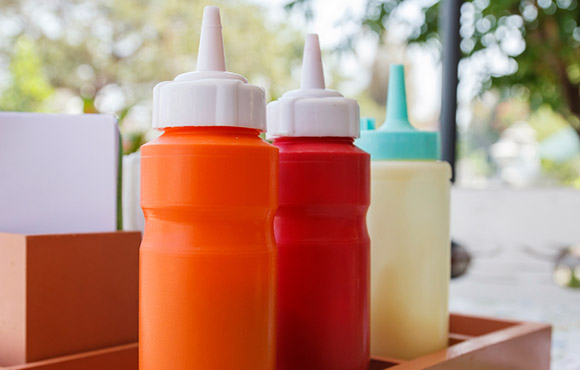
Ketchup, barbecue sauce, honey mustard—you name it, it's full of sugar. Just a tablespoon of ketchup has an impressive four grams of sugar, so keep that in mind the next time you squirt ketchup onto your heaping plate of fries.
In addition to the added sugar, condiments also have little to no nutritional value, so cut them out entirely if you can.
Energy Drinks
6 of 21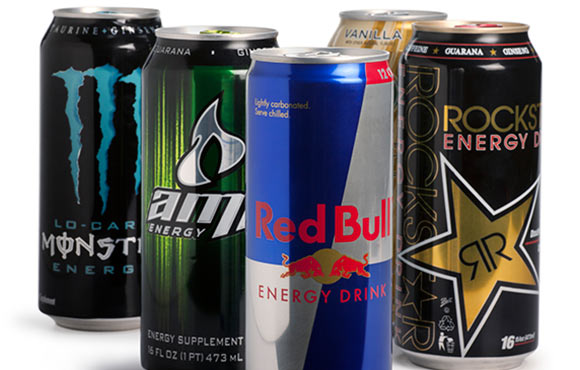
One can of the popular energy drink Red Bull contains an incredible 37 grams of sugar. Though many brands are now coming out with no-sugar alternatives, you might want to stick to unsweetened coffee to fight off your sleepy days. The Food and Drug Administration does not currently regulate the amount of caffeine in energy drinks, and some experts worry they contain dangerous levels.
Salad Dressing
7 of 21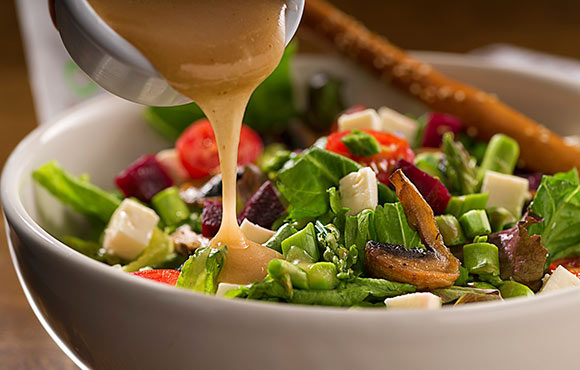
Are salads your vegetable of choice come mealtime? Many salad dressings, especially those labeled nonfat or light, can contain up to four grams of sugar per tablespoon. Choose wrong, and just a few measly tablespoons will turn your healthy salad into a sweetened dessert.
Want a healthier option? Stick to extra virgin olive oil instead.
Cereal
8 of 21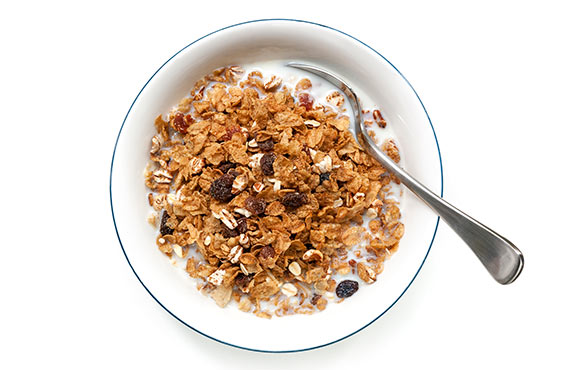
Breakfast cereals are notoriously sugary, and we're not just talking Lucky Charms and Frosted Flakes. Even cereals like Raisin Bran can pack around 18 grams of sugar per cup—and who ever stops at a single cup?
It's not just cold cereals, either. Hot cereals like oatmeal can hide loads of sugar, especially the flavored and instant varieties.
Spaghetti Sauce
9 of 21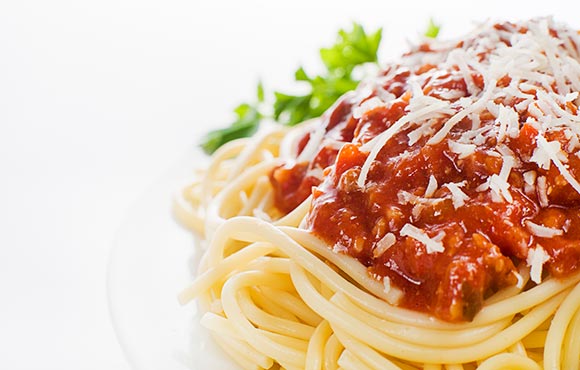
Because tomato sauce has such an acidic taste, most mainstream processors add in sugar, often in the form of corn syrup, to counteract the acidity and get a better-tasting product. This results in around seven grams of added sugar in a mere half cup of spaghetti sauce. It doesn't take long for that to add up as you pour an entire can of sauce over your piping hot pot of pasta.
For a healthier option, look for jarred sauces that advertise no added sugar or list corn syrup near the bottom of their ingredients.
Sports Drinks
10 of 21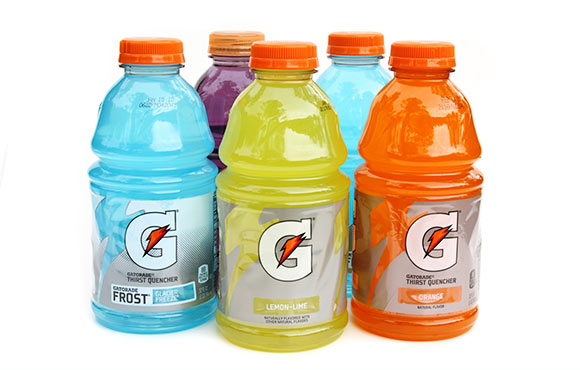
Thanks to the name, sports drinks often seem healthier than they really are. But unless you're a professional athlete, there's a good chance downing a sports drink after your workout probably did your body more harm than good, since most brands pack baselines of around 20 grams of sugar each.
Unless you're a serious athlete trying to maintain your electrolyte levels, water should be more than enough to replenish your body after a hard session at the gym.
Protein Powder
11 of 21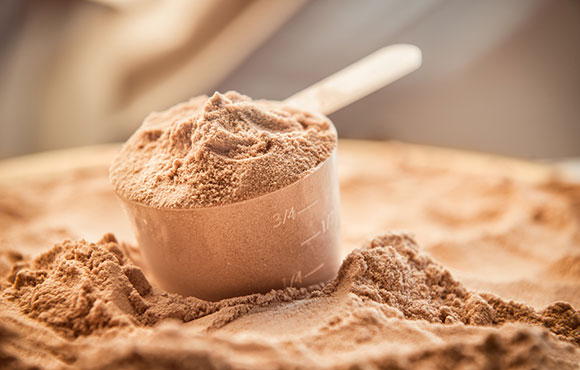
Protein powder is a must for most athletes trying to build muscle, but that doesn't mean you shouldn't be extra choosy when it comes to added sugars. In fact, many protein powders purposefully add in sugar to help you gain weight.
Keep in mind that sugar can hide in your protein powder under a number of pseudonyms including maltodextrin, fructose, dextrose, glucose polymers and sucralose, to name a few.
Bread
12 of 21
Though you might think bread (a simple combination of flour, salt and yeast) would be a safe bet against sugar, many popular brands have added molasses or high fructose corn syrup to their loaves to better the taste.
As a rule, always stick to 100 percent whole wheat bread and stay clear of any tasty dessert-like modifications—we're looking at you, raisin swirl. Even the whole-wheat versions of these breads can carry four grams of sugar per slice.
Peanut Butter
13 of 21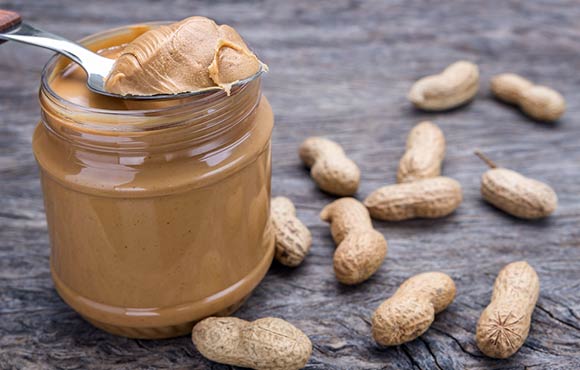
This savory favorite may seem far from sweet, but certain brands of peanut butter can contain surprising amounts of sugar. Your standard two tablespoons of Jiffy usually run around two to three grams, but add in extra flavors (such as "Cinnamon Raisin Swirl") and popular brands can carry 4.5 grams per tablespoon.
Organic peanut butter with few ingredients—ideally just salt and peanuts—is your best bet for minimizing sugar.
Creamers
14 of 21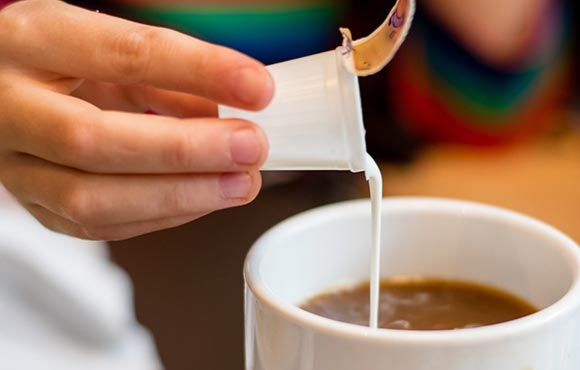
Many coffee-drinkers don't like the bitterness of drinking it black, but be cautious when reaching for popular creamers to liven up your morning cup of Joe. Seasonal creamers are especially problematic. For example, Nestle's Coffee-Mate in Pumpkin Spice packs five grams of sugar—and that's if you stop at a single tablespoon.
You're better off sticking to single-ingredient creamers and adding in your own spices, such as cinnamon, nutmeg and vanilla, to get that seasonal taste.
Jam
15 of 21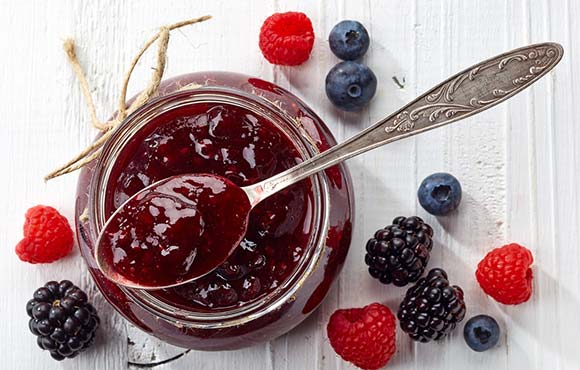
It's no surprise this fruit-based spread is a little heavy on the sugar, but it's added sugars that can cause the real damage. One tablespoon of Smuckers Strawberry Jam has around eight grams of sugar—white sugar, specifically.
Make sure to stick to jams that advertise no added sugars, and always check the label to be sure.
Protein Bars
16 of 21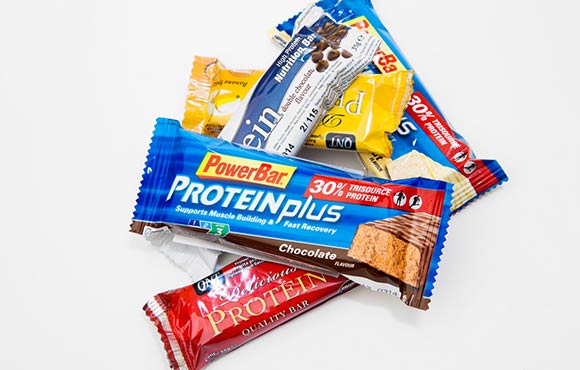
Like granola bars, protein bars are often chock-full of artificial ingredients and added sugars. For example, consuming a single PowerBar Protein Plus after a workout means ingesting a whopping 30 grams of sugar—over half of your daily allotment. Also, be on the lookout for sugar disguised as sugar alcohols.
Canned Fruit
17 of 21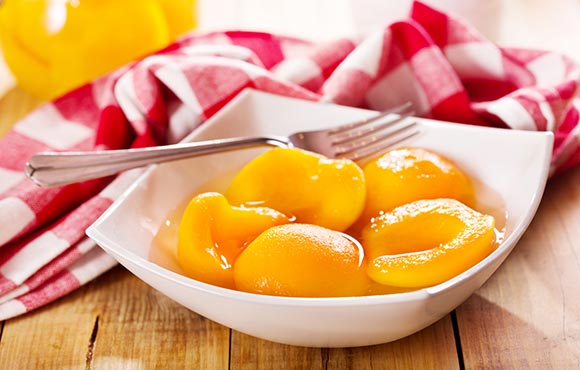
Though canned fruit is another great way to get in your daily servings, make sure the fruits are canned in their own juices, as opposed to heavy syrup.
Fruit canned in syrup can have as much as 20 grams of sugar, with the popular canned "fruit cocktail" being one of the worst offenders. When in doubt, stick to fresh or frozen.
Smoothies
18 of 21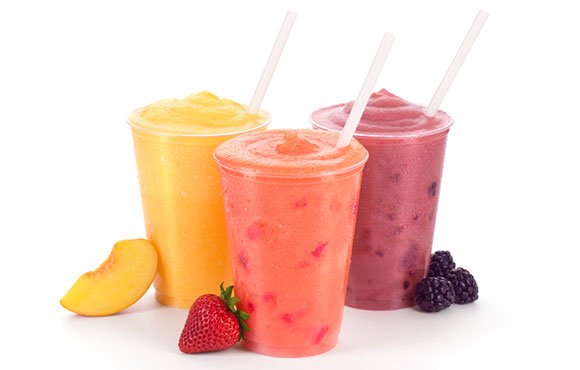
Smoothies may seem like a health food, but be careful where you order one. Many chain smoothie places like Smoothie King and Orange Julius add a jaw-dropping amount of sugar to their recipes.
For example, a Tripleberry Smoothie from Orange Julius has 86 grams of sugar and the Orange Ka-Bam from Smoothie King has 108 grams in its smallest size. Yes, you read that right. Do your body a favor and stick to homemade smoothies.
Non-Dairy Milk
19 of 21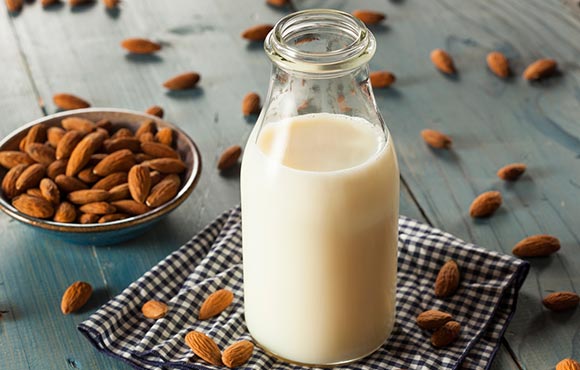
Though milk from cows has naturally occurring sugar in the form of lactose, almond milk, cashew milk, soymilk and other dairy substitutes often have cane sugar added to them to better the taste. Make sure to read the label on the back of your milk and always pick one that advertises no added sugars or is labeled "unsweetened."
Low-Fat Anything
20 of 21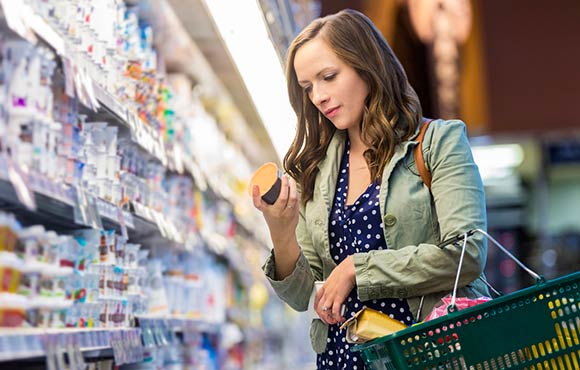
Avoiding added sugars and staying away from low-fat labels often go hand-in-hand. Whether it's yogurt, milk or even granola, most brands make up for the lack of fat by adding in sugar to better the taste.
If your health allows, stick to full-fat products. You will be usually eating the food in its most natural form.
About the Author

Jackie Veling is a past Senior Editor at ACTIVE.com. She’s passionate about overall wellness and body positivity, and her favorite way to stay active is through running. You can follow her on Twitter.

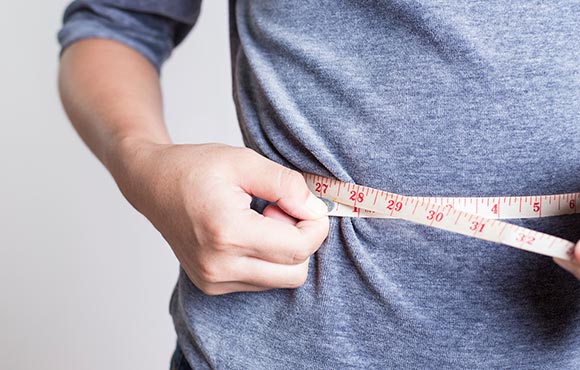
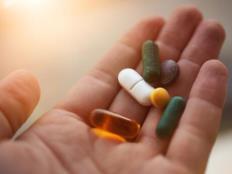
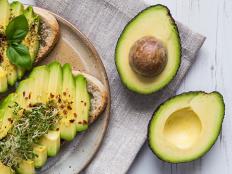


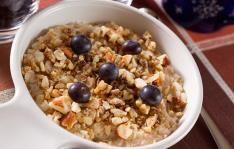
Discuss This Article